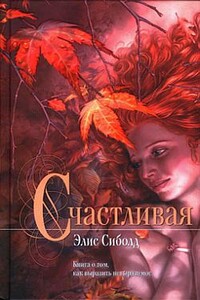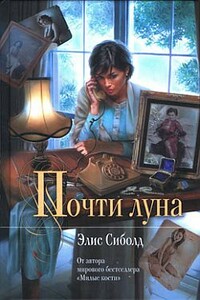Mr. Gilbert wondered if Ray, who ran errands for them and was a sweet boy who had been badly judged, knew, and so he called the Singh household. Ruana said she suspected her son must already be there but that she would be along herself.
Lindsey was looking out the window when she saw Grace Tarking with her arm in Mrs. Gilbert’s and Grace’s boyfriend steadying Mr. Gilbert as the four of them cut across the O’Dwyers’ lawn.
“Something’s going on in the cornfield, Mom,” she said.
My mother was reading Molière, whom she had studied so intensely in college but hadn’t looked at since. Beside her were the books that had marked her as an avant-garde undergraduate: Sartre, Colette, Proust, Flaubert. She had pulled them off the shelves in her bedroom and promised herself she would reread them that year.
“I’m not interested,” she said to Lindsey, “but I’m sure your father will be when he gets home. Why don’t you go up and play with your brother?”
My sister had dutifully hovered for weeks now, paying court to our mother regardless of the signals she gave. There was something on the other side of the icy surface. Lindsey was sure of it. She stayed by my mother, sitting by her chair and watching our neighbors outside the window.
By the time darkness fell, the candles the latecomers had had the foresight to bring lit the cornfield. It seemed like everyone I’d ever known or sat next to in a classroom from kindergarten to eighth grade was there. Mr. Botte saw that something was happening when he’d come out of the school after preparing his classroom for the next day’s annual animal digestion experiment. He’d strolled over, and, when he realized what it was, he let himself back into the school and made some calls. There had been a secretary who had been overcome by my death. She came with her son. There had been some teachers who hadn’t come to the official school memorial.
The rumors of Mr. Harvey’s suspected guilt had begun to make their way from neighbor to neighbor on Thanksgiving night. By the next afternoon it was the only thing the neighbors could talk about – was it possible? Could that strange man who had lived so quietly among them have killed Susie Salmon? But no one had dared approach my family to find out the details. Cousins of friends or fathers of the boys who cut their lawn were asked if they knew anything. Anyone who might know what the police were doing had been buddied up to in the past week, and so my memorial was both a way to mark my memory and a way for the neighbors to seek comfort from one another. A murderer had lived among them, passed them on the street, bought Girl Scout cookies from their daughters and magazine subscriptions from their sons.
In my heaven I buzzed with heat and energy as more and more people reached the cornfield and lit their candles and began to hum a low, dirgelike song for which Mr. O’Dwyer called back to the distant memory of his Dublin grandfather. My neighbors were awkward at first, but the secretary from the school clung to Mr. O’Dwyer as his voice gave forth, and she added her less melodious one. Ruana Singh stood stiffly in an outer circle away from her son. Dr. Singh had called as she was leaving to say he would be sleeping overnight in his office. But other fathers, coming home from their offices, parked their cars in their driveways only to get out and follow their neighbors. How could they both work to support their families and watch their children to make sure they were safe? As a group they would learn it was impossible, no matter how many rules they laid down. What had happened to me could happen to anyone.
No one had called my house. My family was left undisturbed. The impenetrable barrier that surrounded the shingles, the chimney, the woodpile, the driveway, the fence, was like a layer of clear ice that coated the trees when it rained and then froze. Our house looked the same as every other one on the block, but it was not the same. Murder had a blood red door on the other side of which was everything unimaginable to everyone.





